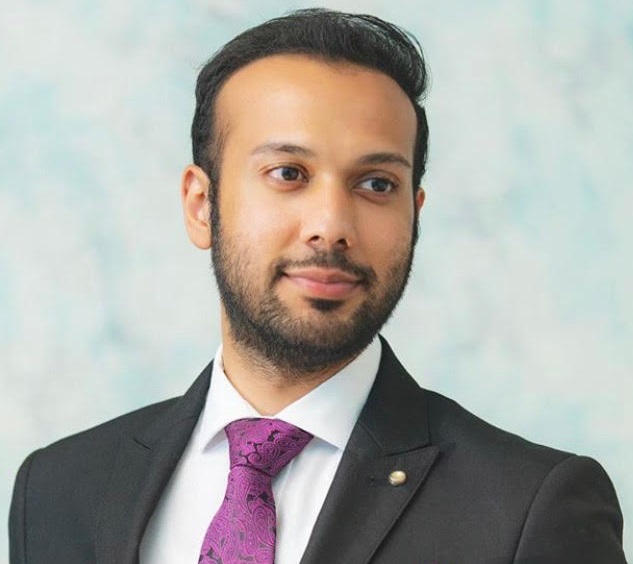
Muhammad Usman
PhD
Assistant Professor
Faculty of Science
Modeling intelligent crowd behavior and human-space interactions to enhance immersive simulations, virtual environments, and responsive built spaces.
Contact information
Science Building
- Room UA2063
North Oshawa
2000 Simcoe Street North
Oshawa, ON L1G 0C5
905.721.8668 ext. 5582
Research topics
- Agent-Based Modelling
- Crowd Simulation
- GenAI for Games
- Digital Games
- Crowd Perception
- Crowd Emotions
- Architectural Design and Optimization
- Human-Centered Design
Areas of expertise
- Computer Graphics
- Crowd Simulation
- Human-Centered Artificial Intelligence
- Virtual Reality
- Game Design and Development
- Human-Building Interaction
Background
Dr. Usman received his B.Sc. Honours degree in Computer Science from the University of the Punjab, Lahore, Pakistan, in 2013, and his M.Sc. and Ph.D. degrees in Computer Science from York University, Toronto, Canada, in 2016 and 2020, respectively. During his Ph.D., he also completed the two-year NSERC CREATE program in Data Analytics and Visualization at York University. Following his Ph.D., he was a Post-Doctoral Fellow with the Ontario Research Fund/Intelligent Systems for Sustainable Urban Mobility (ORF/ISSUM) project from 2020 to 2021, where he worked on data-driven models for urban mobility and intelligent systems. He later served as an Assistant Professor in the Department of Information and Computer Science at King Fahd University of Petroleum and Minerals in Saudi Arabia. Most recently, he was Associate Director – Research at the Intelligent Visual Interfaces Lab in the Department of Computer Science at Rutgers University, where he contributed to advancing agentic frameworks and generative AI for games. He is currently a Tenure-Track Research Stream Assistant Professor of Computer Science in the Faculty of Science at Ontario Tech University. His research lies at the intersection of crowd simulation, behavioral modeling, human-building interaction, generative AI for games, and emotionally-aware virtual environments. His work focuses on developing computational models that simulate and interpret human behavior in crowds, with applications in games, virtual environments, smart architecture, and emergency planning.Education
- PhD York University 2020
- MSc York University 2016
- BSc University of the Punjab 2013
Courses taught
CSCI 3090U – Computer Graphics
CSCI 2160U – Digital Media